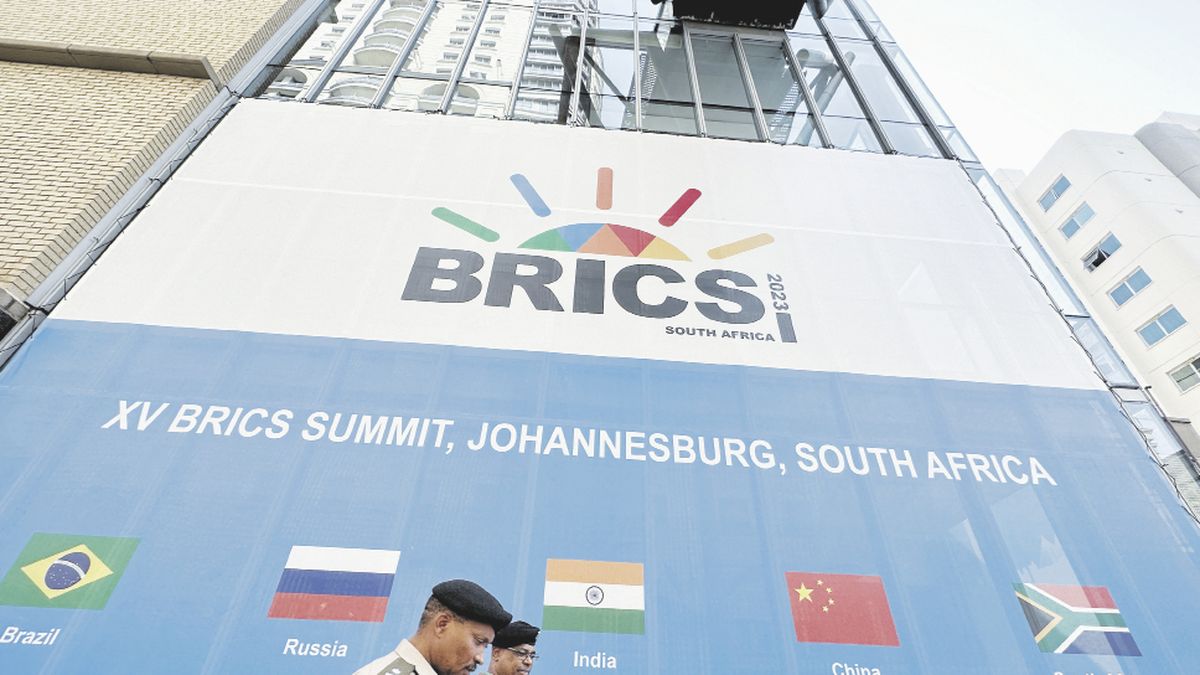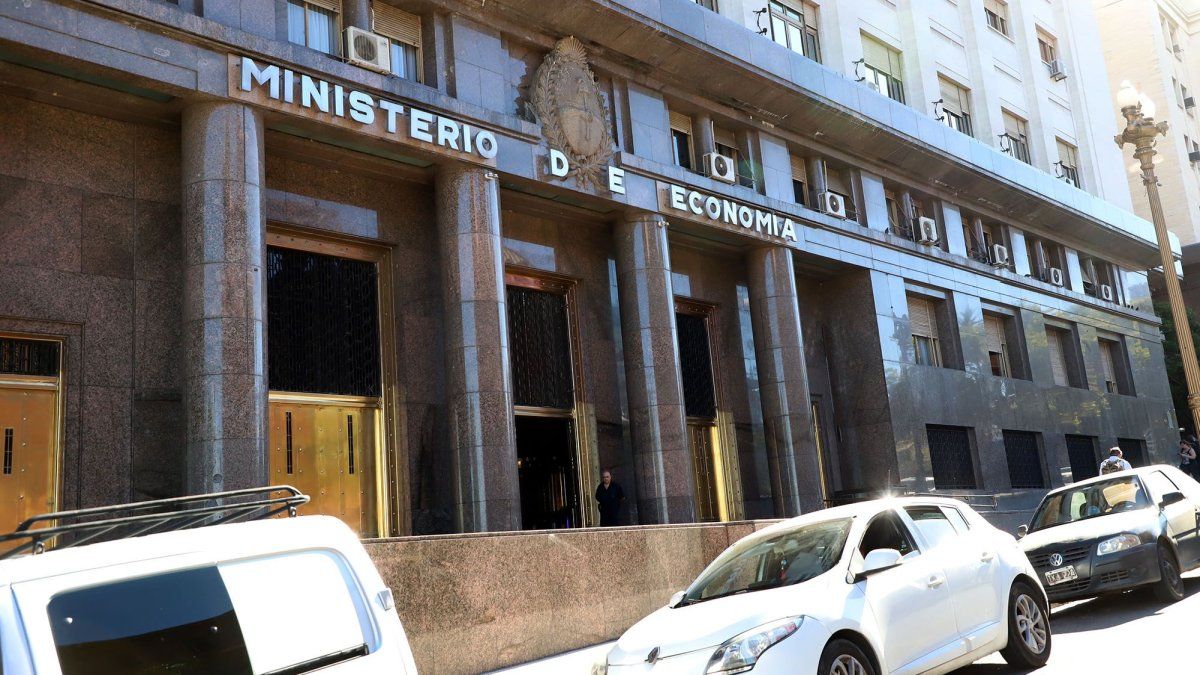Ring. Ring. Telephone for the International Monetary Fund (IMF).
Argentina’s entry into the bloc made up of Brazil, Russia, India, China and South Africa (BRICS) could mitigate the enormous asymmetry that the Government faces in the framework of the renegotiation of the agreement with the international organization. Without foreign exchange and with the pressure of strictly complying with the new goals imposed by Kristalina Georgieva, which are clearly -and will be- inflationary, The news of joining the BRICS could give Minister Massa some relief and a kind of safe-conduct until the end of the year.
Although this is an important advance in terms of global South-South integration, two things must be understood: on the one hand, that there will be no immediate financial impact on the BRICS side, since Argentina would only enter in January 2024 and that the resources of the block would take time to be transferred to the coffers of the Central Bank. And secondly, that despite the efforts to capitalize commercial exchanges in other currencies -yuan, reais- so that Argentina can circumvent its restrictions on dollars, The possibility that our country can take immediate advantage of this news will not depend so much on Argentina and the BRICS, as on the reactive behavior that the United States -the main vote in the IMF- and the IMF itself may show.
So that it is understood: immediately, The degree of pressure that it wants to apply to Argentina to comply with an agreement (unfulfillable and ruinous) with the IMF will depend on the United States -and its understanding of the geopolitical map.. How far are the United States and the IMF willing to “squeeze” Argentina in order to restrict their economic policies in a context where the country is already talking to other actors-lenders of last resort?
All against, of course.
If life is short; art, long; the occasion, fleeting; experience misleading and judgment difficult, then the opportune efforts of the president of Brazil, Lula da Silva, to include Argentina in the bloc, also constitute the spearhead of a way of understanding the counterweights of a global nature, but also regional politics. How much favors or harms the eventual arrival of Milei to power, for the economic integration of Mercosur?
It’s more. A few weeks ago, the head of the IMF, Georgieva, said that countries must do more to avoid the costly consequences of the increasing fragmentation of world trade and help avoid a “second Cold War”, referring to the growth of the BRICS. Georgieva said that multilateral institutions like the World Bank and the IMF have “an important role to play in preventing the world from dividing in different blocks with serious economic consequences”. Indeed, an IMF report had anticipated “increasing trade fragmentation resulting from events such as Brexit, the US-China trade war, and the Russia-Ukraine war.”
Not for nothing, the leaders of the opposition -both Bullrich and Milei- came out in the last hours to reject the idea of an “Argentina within the BRICS”, understanding that the United States -and its enormous arms of influence- could not be in accordance with this movement, in its global tussle with China and Russia. This is also understood “good predisposition” by Milei to accompany Argentina’s efforts to keep the flame of the agreement with the IMF burning despite not meeting the goals. In other words: Milei (and Bullrich) prefer that Argentina maintain ties with the IMF, rather than renegotiate the agreement in much more arid terms and with the possibility of having a financial “ally” like the BRICS sitting next to it, in the bank of the debtors of the Fund.
lithium please
There are many economic factors that can be reviewed and that influence, in favor, when analyzing the decision. They would be long to enumerate. But there is a fact that can help to understand the film. For some time, there has been talk that the G7 countries (Canada, the US, Japan, Italy, France, Germany and the United Kingdom) account for a third of global GDP. In the same way, the BRICS account for another third. However, something essential is omitted: as the years go by, the G7 decreases and the BRICS grow in this share of GDP, also linked to international trade, although not exclusive.
This is so because not only counts -and will count from now on- industrialization and management of science, research and technological development, but also, It seems increasingly important to have strategic resources, critical minerals -lithium and copper-, gas (fuel for the energy transition) and oil, among many others that today consistently influence development and economic growth. What amount of resources, of all these mentioned, do the BRICS countries have today and how many the G7? The answer to this question answers why it is relevant for Argentina to surround itself with other equally leading actors in this instance.
Source: Ambito




